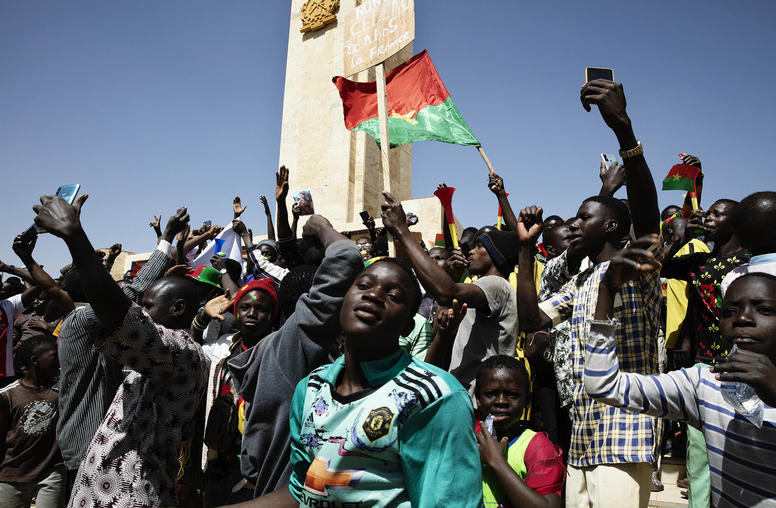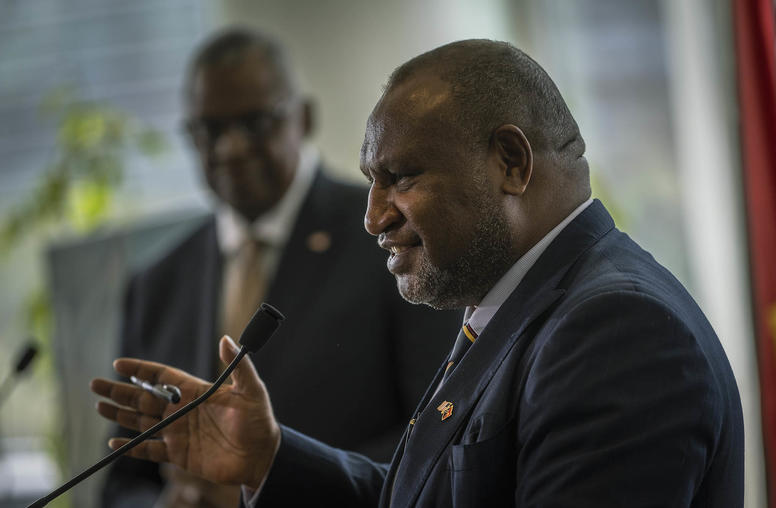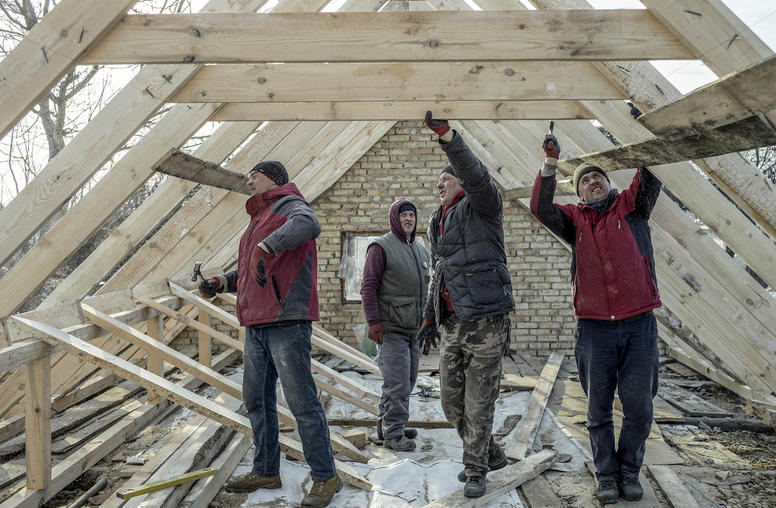How to Help Vulnerable States Prevent Their Own Crises
A New European Union Policy Highlights Global Focus on Averting Violent Conflict
The European Union recently has added a new priority to its foreign and defense policies: Help countries vulnerable to crisis build their resilience against catastrophic events, notably violent conflict, which has uprooted 65 million people worldwide. The EU’s shift is part of a growing global focus on the importance of preventing civil war and its devastation. The United Nations, World Bank and U.S. government are among the organizations taking up this agenda. On November 30, USIP gathered U.S., European and World Bank officials to discuss how governments and international organizations can better coordinate the implementation of this broad new approach to halting violent conflicts.
The European Union issued its new framework for policy this year as the World Bank and United Nations are completing a broad study on ways to catalyze the international community to better prevent violent conflicts. Concurrently, the State Department and other U.S. agencies are reviewing the United States’ efforts to help states struggling for stability in the face of warfare. As governments and international organizations improve these strategies, where are the obstacles to better coordination? Christian Leffler of the European Union will open this discussion by laying out the new EU policy framework.
Continue the conversation on Twitter with #ResilienceIdeas.
Speakers
Joe Hewitt, moderator
Vice President, Planning, Learning and Strategy, U.S. Institute of Peace
Alexandre Marc
Chief Specialist, Fragility, Conflict, and Violence Group, World Bank
Raphael Carland
Managing Director, Office of Foreign Resource Assistance, State Department
Christian Leffler
Deputy Secretary General of the European External Action Service, European Union
Nancy Lindborg
President, U.S. Institute of Peace
Mark Swayne
Acting Deputy Assistant Secretary of Defense for Stability and Humanitarian Affairs, Defense Department



